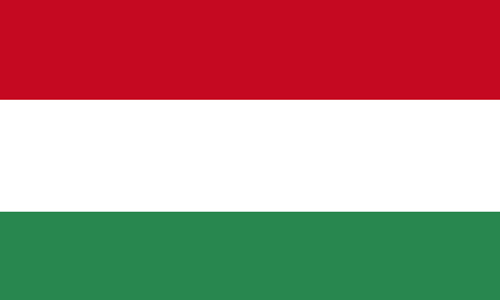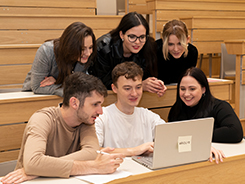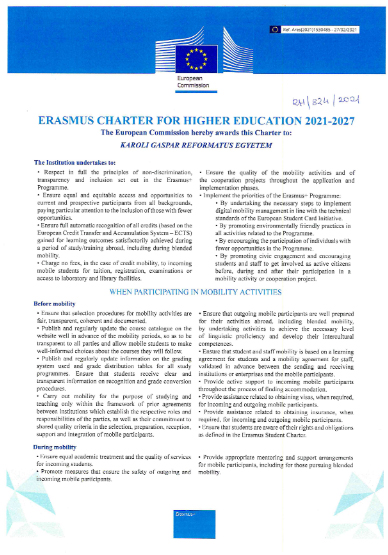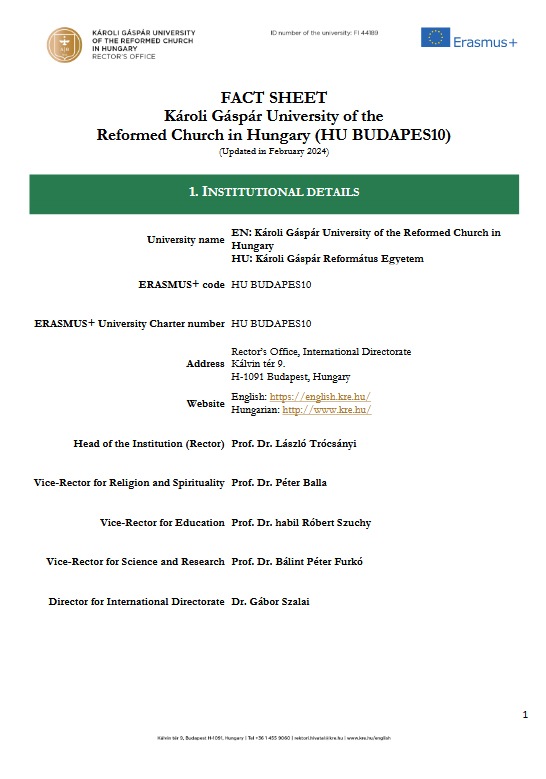
The Erasmus+ programme has opened a new dimension in international study opportunities by making mobilities available to countries outside Europe as well. Formerly known as Erasmus+ ICM (International Credit Mobility = international credit mobility) KA107, this initiative is now referred to as “international mobility involving non-associated third countries” (KA171). This opportunity represents an extension of the traditional Erasmus+ mobility schemes, focusing specifically on cooperation with countries outside the European Union, and offering participants a unique chance to gain academic and professional experience beyond Europe.

How does it differ from the traditional Erasmus programme?
- Opportunities outside Europe:
While the traditional Erasmus programme primarily focuses on mobility between European countries, the ICM KA171 builds on cooperation with so-called “non-associated third countries” outside the European Union.
- Limited places:
Mobility opportunities are more limited, as universities must apply in advance and specify which countries and partner institutions they wish to cooperate with.
- Project-based system:
Institutions apply for funding annually and must determine at the time of application how many students or staff members can participate in mobility activities to each partner country. The duration of a project is generally 24 or 36 months.
- Institution-based applications:
The opportunities are applied for by the higher education institution, not by individual participants. The number of participants and the types of mobility activities are predetermined, therefore the available options each year depend on the institution’s approved project.
- Mobility is only possible between countries and partner institutions that have been approved within the project.
What types of mobility are available?
The programme supports several types of mobility activities. Please note that each institution may offer only specific types of mobility and partner institutions, depending on its project. Therefore, not all types may be available at our university, and the opportunities may vary from one project to another.
For students
- Study mobility: 2–12 months of partial studies at a foreign partner university.
- Traineeship: 2–12 months of professional experience at a foreign organisation.
- New opportunity: Since 2022, recent graduates may also apply for post-graduation traineeships.
- Doctoral mobility:
- Long-term mobility (2–12 months)
- Short-term mobility (5–30 days), offering a more flexible format
For staff members
- Teaching mobility: 5–60 days of teaching activity at a partner institution.
- Training mobility: 5–60 days of professional development abroad.
Blended mobility
- Student mobility may be combined with online learning, allowing participants to spend a shorter period abroad while still gaining a full international experience.
Ongoing projects
I. 2023-1-HU01-KA171-HED-000132696: Faculty of Humanities and Social Sciences (BTK) participates.
Partners: Gori State Teaching University, Georgia; Ivane Javakhishvili Tbilisi State University, Georgia; Tunghai University, Taiwan.
II. 2024-1-HU01-KA171-HED-000238966: Faculty of Humanities and Social Sciences (BTK) and Faculty of Law (ÁJK) participate.
Partners: Universiteti AAB, Kosovo; Beijing Foreign Studies University, China; Marwadi University, India; Dankook University, South Korea; Tashkent State University of Oriental Studies (TSUOS), Uzbekistan; Tashkent State University of Law, Uzbekistan; University of Lethbridge, Canada.
Why should you apply?
The Erasmus+ ICM KA171 programme offers a unique opportunity to:
- Discover new cultures and educational systems
- Build international academic and professional connections
- Improve your professional and language skills
- Gain experience that is highly valued in the global labour market
Discover the world with the Erasmus+ ICM Programme and take a major step toward your international career!
For current calls and application information, feel free to contact us at This email address is being protected from spambots. You need JavaScript enabled to view it..







